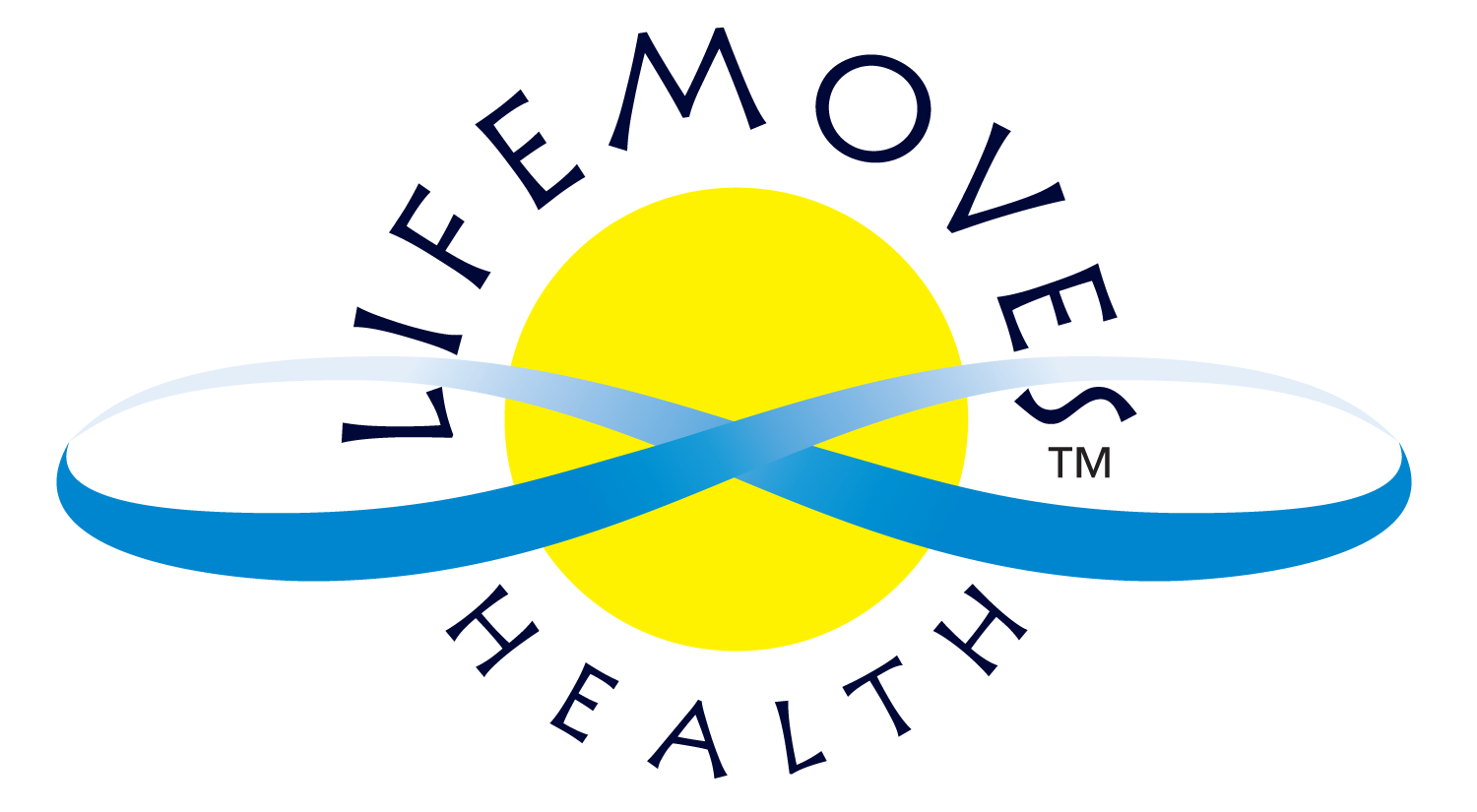Feedback Doesn't Have To F--- Us Up
Outside eyes are important... and inside eyes matter just as much
Feedback is essential… and it’s also a funny thing. It can give us perspective and instigate change. Whether that change or newfound perspective is productive is another matter. Depending on the feedback and the way we experience its delivery, it can really mess with us.
I think this is because of an interesting paradox: while most people recognize the value of feedback, they find it uncomfortable to give and because it’s uncomfortable, they don’t fine-tune their ability to give it.
Over the years, I’ve found the all too common approach with giving feedback is to treat it as a communication transaction in a vacuum.
I tell you what I think you need to work on.
You change it.
We leave our humanity out of giving feedback (lots of thinking, little feeling), but when we receive it, we lead with our humanity (lots of feeling, little thinking) to such a large extent that a criticism given, whether accurate or not, often feels like a personal blow.
In the performing arts, we receive a lot of feedback: in class, in auditions, and in reviews once you have the job. Everyone has an opinion, and the opinions can run the gamut from best-thing-since sliced-bread to worst-thing-I-ever-ate.
It’s precisely because of this that I’ve learned we cannot let feedback lead us: we must lead our way through the feedback we give and receive.
How do we lead when we're the ones giving the feedback?
When we give feedback, there is an intention behind it. We either have an intention by design (i.e., to empower the person’s desire to make a specific, self-motivated change, and to preserve an environment of enthusiasm within the team) or an intention by default (usually, to fix what’s wrong or not good enough).
One intention encourages a person to stay engaged; the other drives home the message that the person is not contributing value.
Which intention would make you feel more inclined to stay motivated and personally invested over the long term?
And how do we lead when receiving feedback?
Recently, I received some disappointing feedback. It was hard to hear. In the moment, I told the person that I agreed with some of his observations about places where the project fell short (which is truly how I felt). My intention remained steadfast: reach an alignment about what would benefit the next generation of this project and preserve our productive working relationship. While I remained calm and receptive, in truth, I was hurt.
After reflecting on it, I became clear as to why receiving this feedback was so hard, even when I happened to agree with the main objection.
The person giving me feedback is a genuine and caring person. But in that moment, I didn’t feel like a member of the team whose value was recognized, both in general and in telltale moments like this one, when something needs to improve. In addition to broad statements about the day, there was also a conclusion he shared that I did not feel was accurate. It was stunning to feel so misunderstood. I don’t know what his intention was with regards to maintaining an enthusiasm about the next generation of the project or the nature of our relationship. What I do know is I lost trust in his ability to understand what I’m contributing and in valuing what I bring overall as being something greater than the loss of value in instances when I fall short.
In these moments, when I look in the eyes of another and I don’t recognize myself in how I’m seen, I pause and step back. The pause gives me a chance to interrupt my initial reaction (which is sometimes painful, I’ll admit) and the step back gives me distance to question the picture so I can become clear on what I see.
Often feedback leads to a shift in my perspective or a change in my actions going forward, but I wait to make those choices until after I’ve given myself time to assess the outside view through my own lens. Through the process of connecting with myself, I remember who I am.
If we only see ourselves through the eyes of others, we will remain unknown to ourselves. Whether we are the ones giving or receiving feedback, everybody wins when we consciously lead ourselves through the process.

